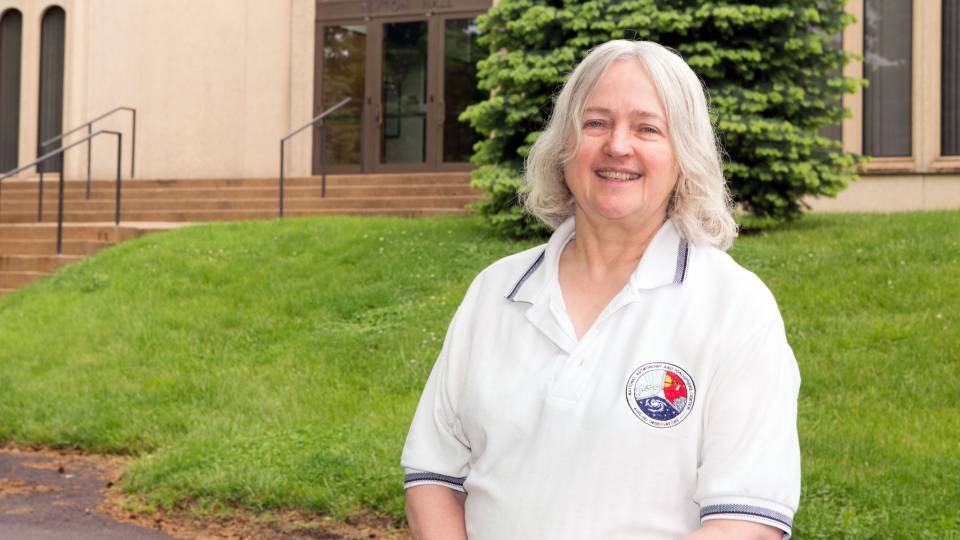Suggestions
Jill Knapp
Professor at Princeton University
Jill Knapp, whose full name is Gillian R. Knapp, is an emeritus professor of astrophysical sciences at Princeton University.13 She has had a distinguished career in astronomy and astrophysics, making significant contributions to the field and to mentorship in STEM.
Academic Career
Knapp received her B.Sc. in Physics from the University of Edinburgh in 1966 and her Ph.D. in Astronomy from the University of Maryland.2 She joined Princeton University's faculty and taught there for 34 years, becoming one of the first women to join the science faculty.1
Research and Contributions
Throughout her career, Knapp focused on studying the life cycles of stars and the interstellar medium.5 She was involved in the Sloan Digital Sky Survey, which she credits as a turning point in how astronomical data is shared and analyzed.2
Leadership and Mentorship
Knapp served as the Director of Graduate Studies in the Department of Astrophysical Sciences for many years.4 In this role, she was instrumental in expanding and diversifying the astronomy graduate program at Princeton.1 Her efforts in mentorship extended beyond the university, as she has been a mentor to women in STEM for four decades.1
Honors and Recognition
In 2018, Knapp received the National Science Foundation's Presidential Award for Excellence in Science, Mathematics and Engineering Mentoring (PAESMEM).1 This prestigious award recognizes her outstanding efforts in mentoring and encouraging the next generation of innovators in STEM fields.
Princeton Prison Teaching Initiative
In 2005, Knapp founded the Princeton Prison Teaching Initiative (PTI), a program that provides college-accredited classes to incarcerated individuals.1 The initiative has become a nationally-recognized leader in STEM prison education, offering college-level classes to hundreds of inmates per year in New Jersey state and federal facilities.1
Jill Knapp's career exemplifies a commitment to scientific research, education, and inclusivity in STEM fields. Her work has not only advanced our understanding of the universe but has also opened doors for underrepresented groups in astronomy and beyond.
Highlights

